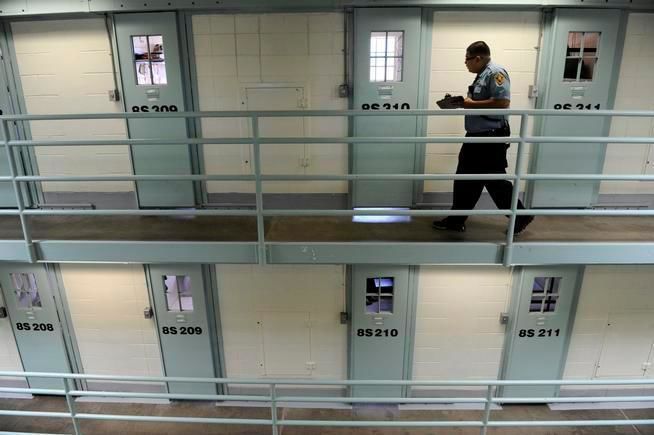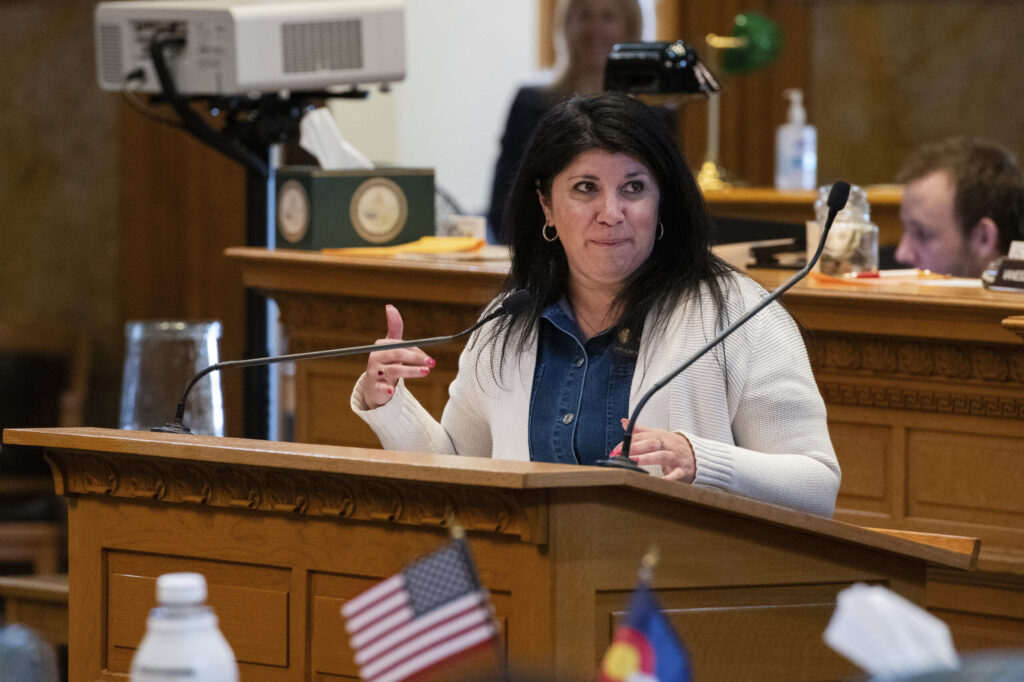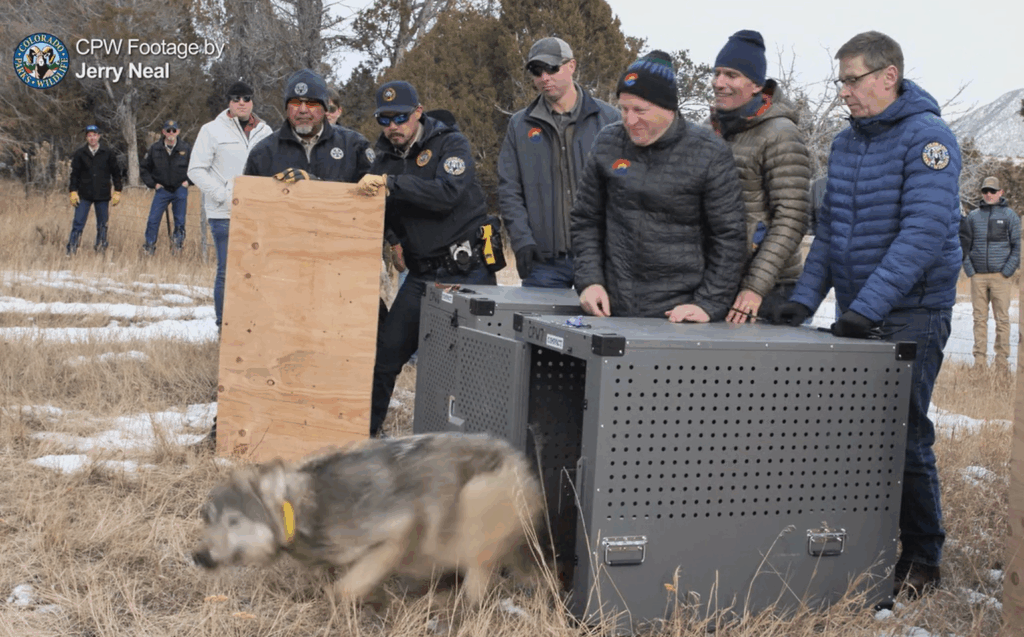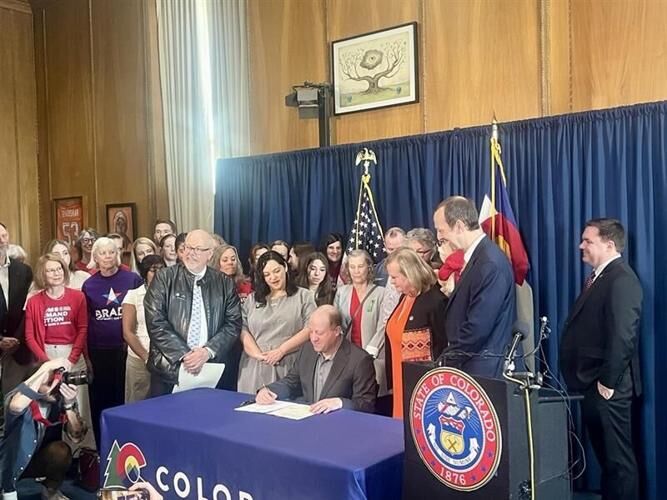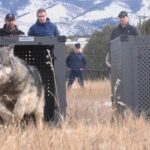Denver councilwoman opposes proposed bill reducing RTD board members
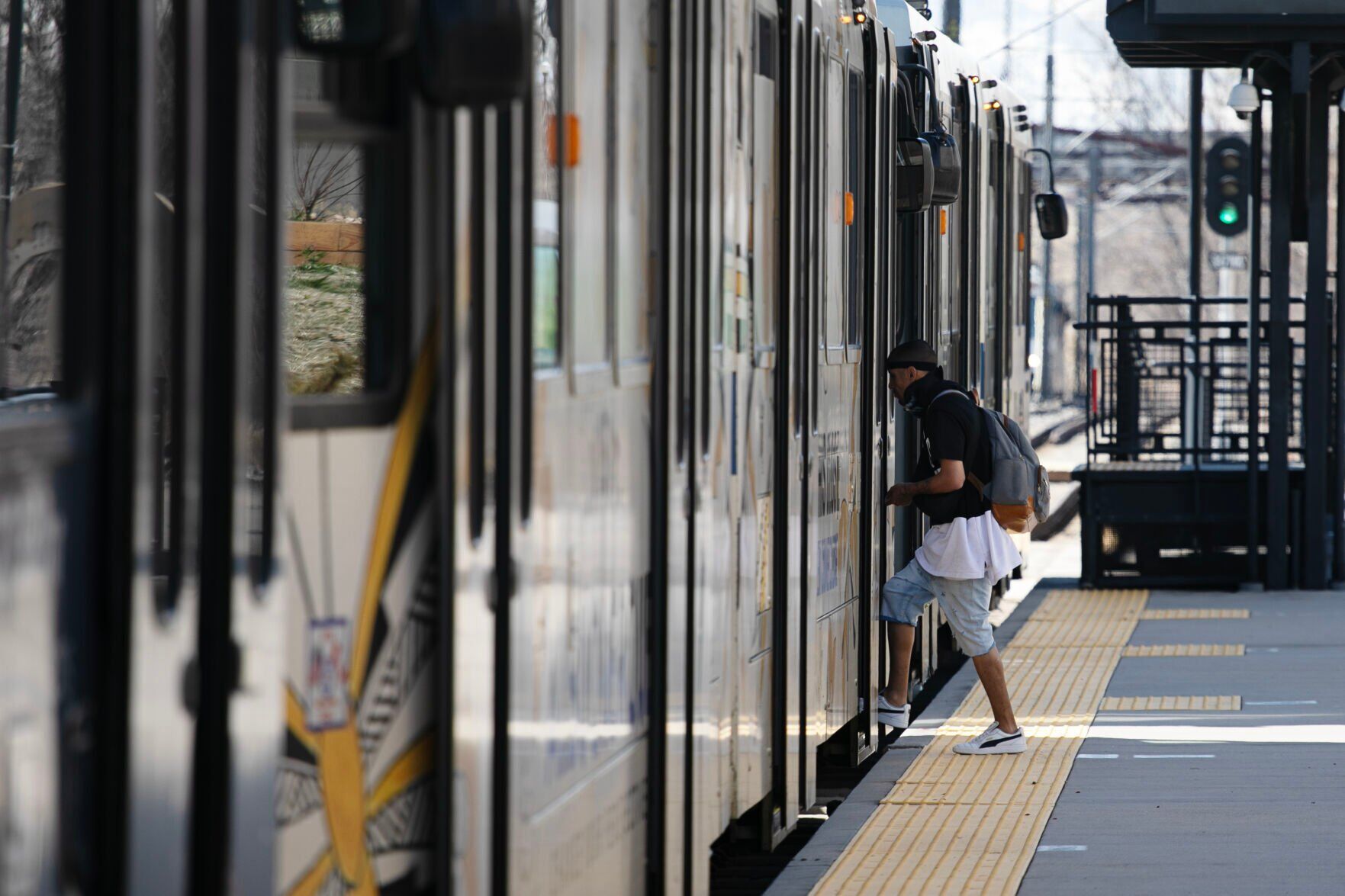
Denver City Councilwoman Shontel Lewis expressed concern over a proposed bill in the state Legislature that would change the RTD board ahead of a Monday council meeting.
The bill, which is nameless and still being drafted, would reduce the number of RTD board members and require two of those members to be appointed by the governor. Lewis worries it will divide transit users and policymakers by ending the district-based elections which determine board members.
The bill is sponsored by Sen. Faith Winter (D-Westminster) and Reps. William Lindstedt (D-Broomfield) and Meg Froelich (D-Englewood).
Lewis is specifically concerned by the proposed reduction of the governing board of RTD from 15 elected members to seven voting directors, two of whom would be selected by the governor and approved by the state Senate, according to the bill.
Lewis’ team acknowledged the “unfortunate timing” of their news release on the bill, given Sen. Winter checked in to rehab last week, but said the draft bill had to be responded to in a timely manner.
Reps. Lindstedt and Froelich reiterated the bill is in its early stages and could still change as they discuss it with stakeholders. Discussions are ongoing, they said, and the bill will evolve as it moves through the legislative process. Froelich and Lindstedt said they believe in RTD’s potential, and want to see it at its best.
“We are committed to working with all stakeholders to improve our state’s largest mass transit agency,” Lindstedt said. “I think we all share the same goal of having a reliable mass transit agency that riders and communities can count on.”
Froelich echoed the sentiment.
“It’s important for the legislature to promote robust, regional, reliable transit because it’s central to our land use, housing and climate discussions,” she said. “Our goal is to foster a system that better serves riders, workers and community and the bill is one piece of the work we’re doing.”
Lewis knows how RTD operates as she formerly served as an elected director for District B, which includes the Park Hill and Green Valley Ranch neighborhoods and the airport.
She calls into question whether RTD should be overseen by the state legislature, arguing in her release that 75% of RTD’s operating budget is funded directly by the tax-paying citizens within the geographical boundaries of the RTD. Only 1% of that budget comes from the state, the release said.
“It is recognized that at-large representation systemically minimizes the voices of neglected and marginalized communities,” the release said.







